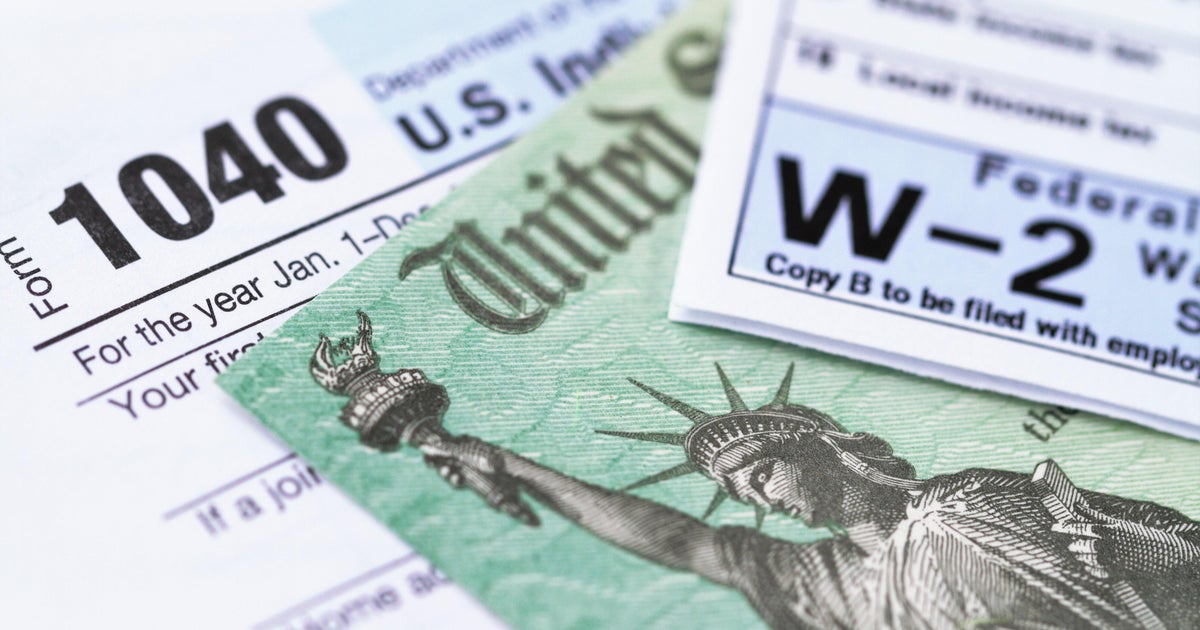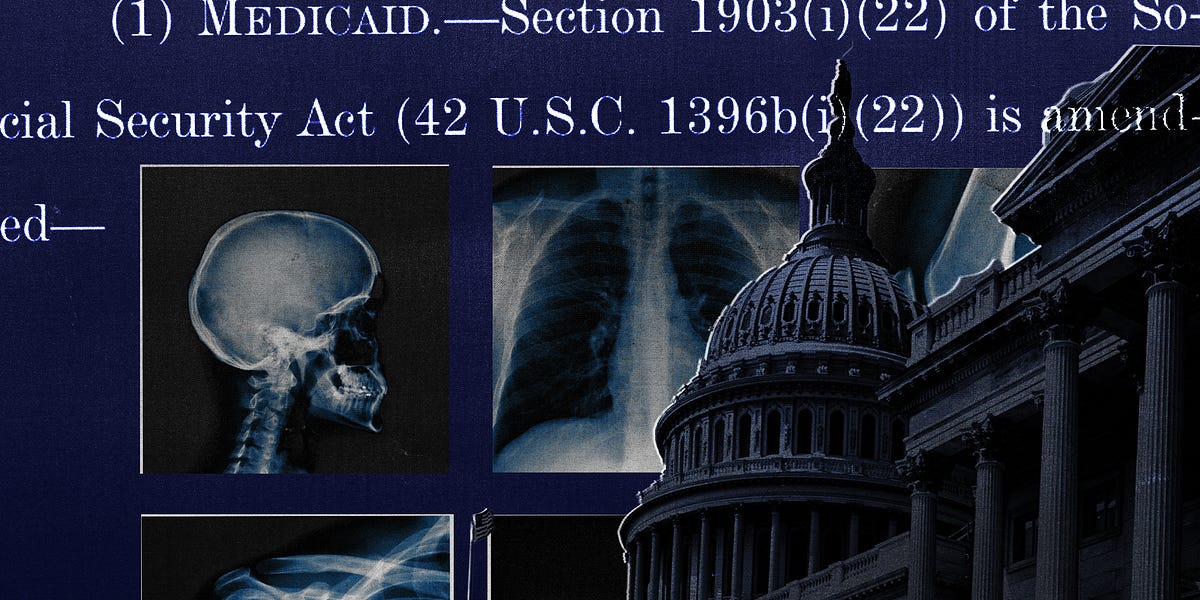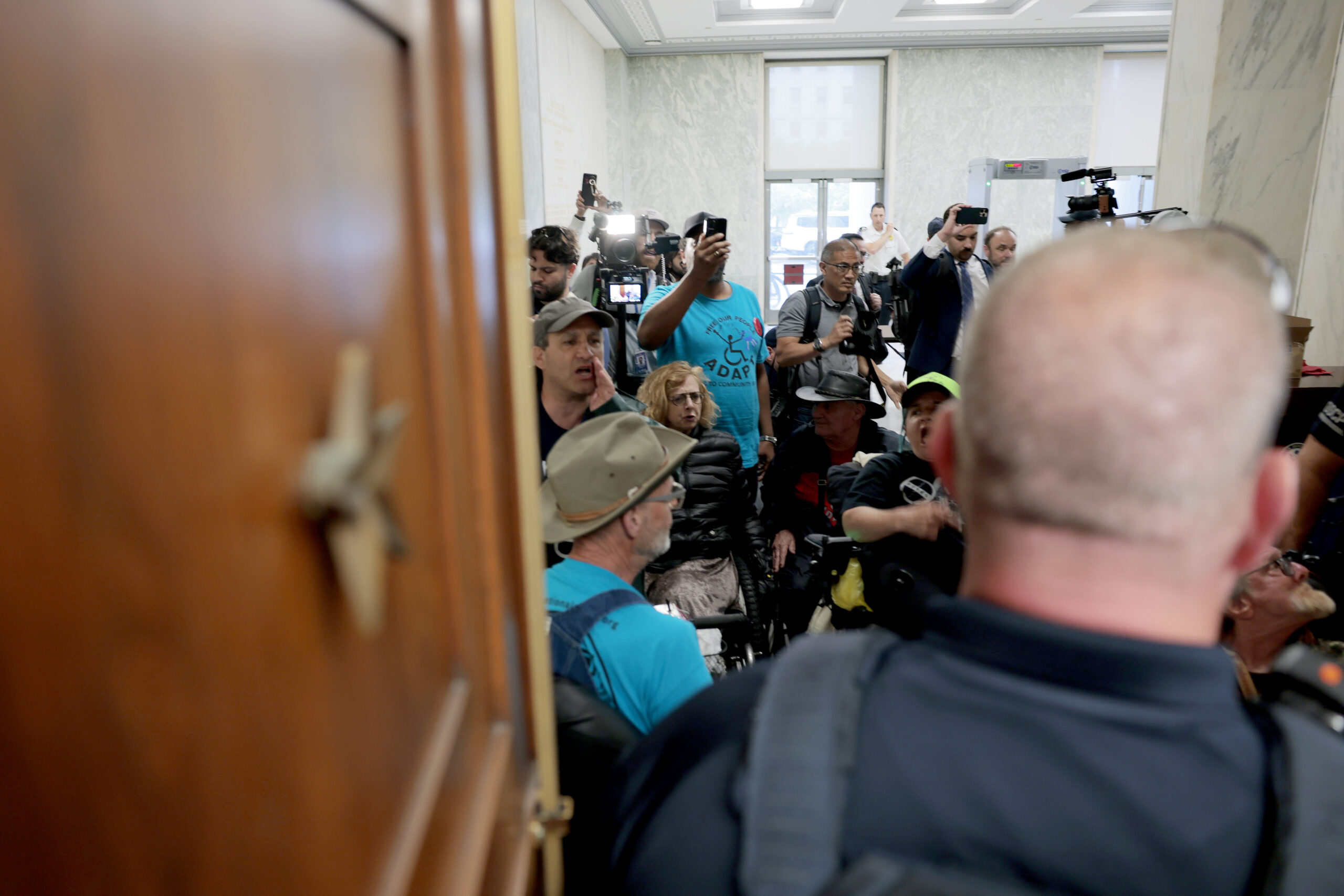House Republicans Advance $5 Trillion Tax Cut Bill Amid Internal Divisions
House Republicans have advanced a $5 trillion tax cut bill, facing internal GOP opposition over Medicaid cuts and SALT deduction issues, prior to Senate consideration.
Overview
House Republicans have made strides in pushing a $5 trillion tax cut bill, overcoming intense Democratic opposition. The House Ways and Means Committee approved the measure after an all-night session. However, internal GOP dissent is evident, particularly regarding provisions to impose stricter Medicaid work requirements. Speaker Mike Johnson is negotiating changes to the bill to secure support, notably from lawmakers in high-tax states demanding adjustments to state and local tax deductions. The legislation also proposes cuts to food assistance programs. A House vote is anticipated next week, amid protests and an ongoing Democratic outcry against the proposed cuts.
Content generated by AI—learn more or report issue.

Get both sides in 5 minutes with our daily newsletter.
Analysis
- The House legislative package includes over $5 trillion in tax breaks and substantial cuts to Medicaid, prompting intense protests and debates on Capitol Hill as lawmakers grapple with its implications for healthcare and social programs.
- Republicans defend their proposed cuts by claiming they aim to reduce waste and fraud in Medicaid, despite critics highlighting significant projected coverage losses, including an estimated increase of 8.6 million uninsured Americans due to these changes.
- Ongoing internal conflicts within the Republican Party about the extent of the proposed cuts reveal concerns that some members may hold out for deeper reforms, indicating a possibility of further revisions as the legislative process unfolds.
Articles (14)
Center (8)
FAQ
The bill includes over $5 trillion in tax breaks such as extending prior individual provisions, boosting the standard deduction and child tax credit, increasing the estate tax exemption to $15 million, expanding deductions for pass-through businesses, and adding new tax breaks on tipped wages, Social Security benefits, and auto loans. It also proposes cuts to Medicaid, food assistance programs, and green energy initiatives.
There is internal GOP opposition specifically related to imposing stricter Medicaid work requirements, cuts to food assistance, and the extent of state and local tax (SALT) deductions. Lawmakers from high-tax states, such as New York and California, are negotiating to increase SALT deductions beyond the proposed tripling to $30,000 for couples, which some consider insufficient.
Democrats have strongly opposed the bill, criticizing the cuts to Medicaid and food assistance as 'cruel' and harmful to vulnerable populations. They have also protested during hearings and continue to denounce the legislation for undermining health care and basic needs programs while favoring the wealthy.
Speaker Mike Johnson is actively negotiating changes to the bill to secure votes within the GOP, with particular focus on adjusting state and local tax deduction provisions to satisfy lawmakers from high-tax states who are concerned about the current limits.
While the bill proposes tax cuts for all income groups, analyses indicate that the highest-income households would benefit disproportionately more than low- and middle-income filers. The package also includes reductions in social programs affecting older Americans and lower-income populations, such as Medicaid and food assistance, potentially increasing economic disparities.
History
- 2M

 4 articles
4 articles
- 2M

 3 articles
3 articles
- 2M

 3 articles
3 articles









